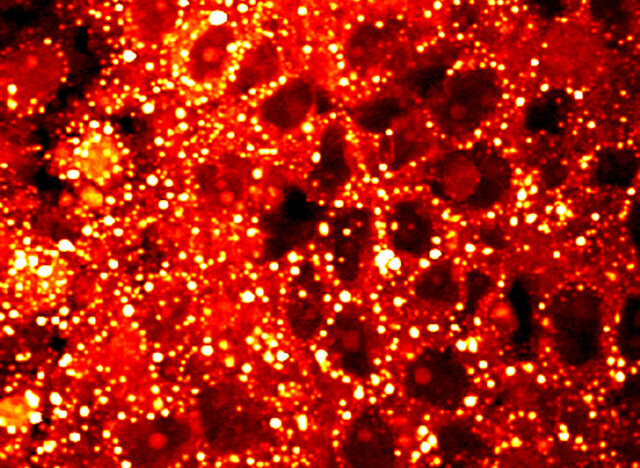
Medical genetics company Invitae announced that data from its PROCLAIM clinical trial shows the benefit of pathogenic germline variant (PGV) testing for all prostate cancer patients. According to the data, nearly half of all prostate cancer patients with clinically actionable inherited PGVs could be missing out on vital, targeted care due to restrictive criteria for germline testing.
The Prospective Observational Study of Community Urology Practices Applying Germline Genetic Testing for Prostate Cancer Patients (PROCLAIM) trial is an observational, prospective study that included nearly 1,000 men with prostate cancer unselected for family history of cancer, age at diagnosis, or stage of disease. The men underwent germline genetic testing of 84 genes that are known to drive the development of prostate cancer. Of those enrolled, 51% met current NCCN guidelines for genetic testing while 49% did not. The study compared the diagnostic yield of the two groups for its findings.
The enrollees in the study had a median age of 65, with 65% of the men classified with low- or intermediate-risk disease. Testing revealed 77 PGVs in 17 genes in 7.7% of the men in this cohort. The testing showed no statistically significant differences in the prevalence of PGVs in the 51% of patients who met NCCN guidelines and 49% who did not—8.8% and 6.6% respectively, which indicated that current criteria would miss 41.9% with actionable PGVs.
“Real-world evidence suggests that less than 15% of prostate cancer patients who could benefit from genetics-informed care undergo genetic testing, in part due to complicated and prohibitive testing guidelines,” said the study’s principal investigator Neal Shore, MD, of the Carolina Urologic Research Center in Myrtle Beach, SC. “We found no statistically significant difference in the diagnostic yield of PGVs between those who met NCCN guidelines and those who did not, suggesting there are a significant number of patients with PGVs, many of which are targets for precision therapies, who are being missed when adhering to current NCCN guidelines for genetic testing.”
Further, the study’s data show that nearly 80% of men with PGVs had actionable variants including PGVs in genes with existing approved therapies, or had current clinical trials targeting them. It also showed that offering germline testing to all patients could potentially close care gaps for underrepresented groups. When stratified by self-reported ethnicity, non-white (predominantly Black) men who were out-of-criteria had a higher number of PGVs than those who were in-criteria. These data point to criteria that exacerbate care disparities, especially troublesome when considering that Black men who develop prostate cancer typically suffer from a more aggressive and deadly form of the disease.
“According to the American Cancer Society, prostate cancer is the second most common cancer in American men. Considering how common this diagnosis is, it’s critical that individuals are offered the proper screenings and access to necessary preventive measures to assess their risk and detect cancer as early as possible,” said W. Michael Korn, MD, CMO for oncology at Invitae. “Through this study, we are seeing how genetic testing can play a vital role in understanding a prostate cancer diagnosis, as it can inform different types of treatment that might work best for a patient’s individual needs.”
According to Invitae, the evidence uncovered via PROCLAIM could help change the standard of care for prostate cancer patients and expand access to needed precision care.











